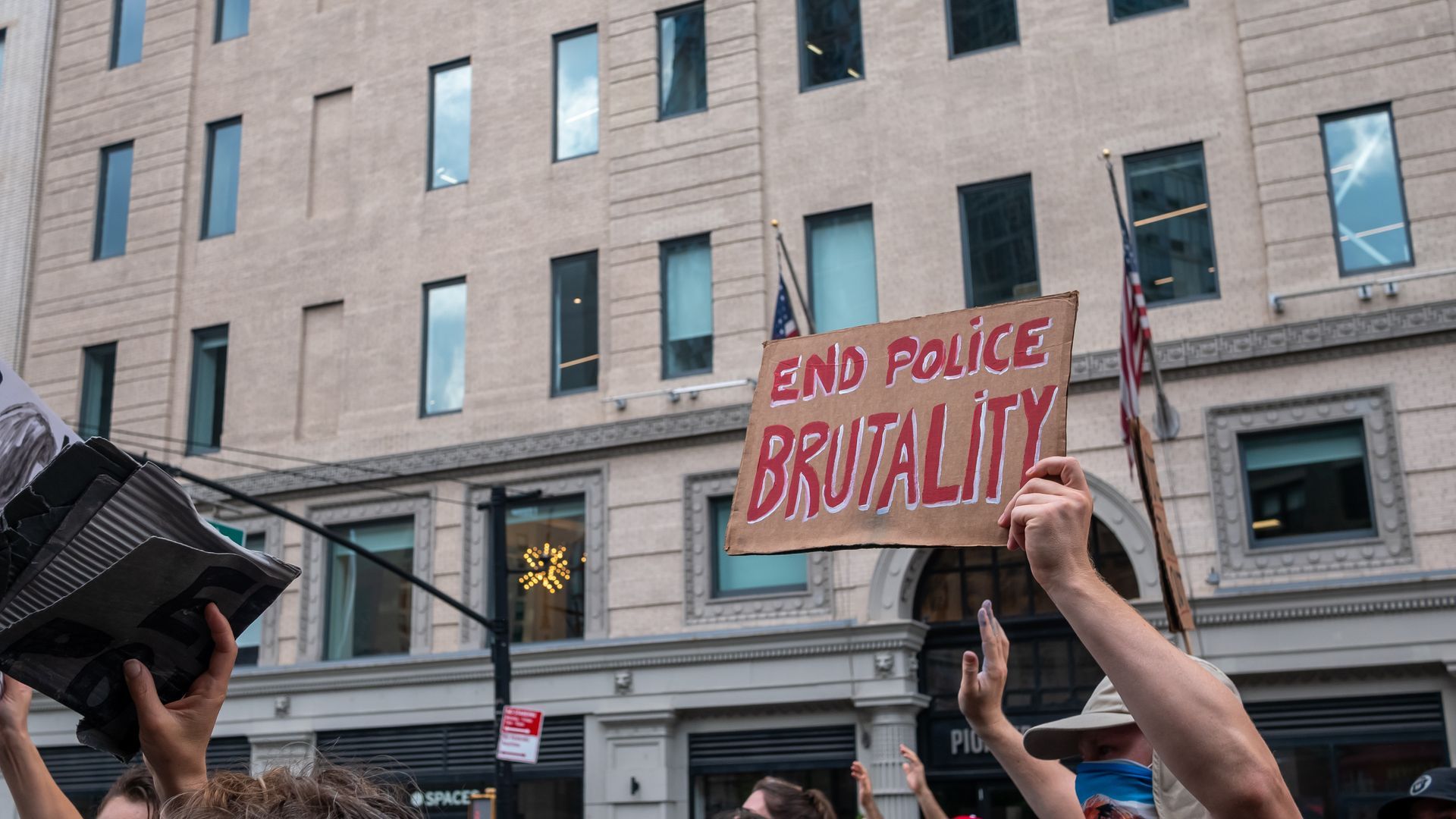Do not give up hope just because you have been charged with possession of a controlled substance. There are numerous drug possession defenses. The state must prove beyond a reasonable doubt the substance was a controlled substance and that you had knowledge and possession of the drug. The police must also conduct searches and traffic stops according to the law.The best drug possession defenses are based on the circumstances surrounding the arrest. An arrest can be based on the immediate observations of a police officer or a warrant may be issued. A warrant can be either a search warrant or an arrest warrant. A search warrant is issued to locate evidence of an illegal act or substance. An arrest warrant is issued when the state has presented sufficient evidence to a magistrate to indicate there is probable cause that a person committed a crime.
IS IT REALLY A CONTROLLED SUBSTANCE
The first drug possession defense is whether the substance the police found is a controlled substance. Typically, the state can meet this burden of proof. However, numerous cases have occurred where a person was arrested for possession of aspirin or other permissible drugs. Moreover, if police send the substance to a laboratory for testing, every step in the process and who possessed the substance must be documented. If the state fails to document the chain of custody, it is possible the evidence can be suppressed.
POSSESSION
The state must prove the defendant had knowledge and possession of a controlled substance. The degree of this task varies. There are two types of possession, actual and constructive. Actual possession means that a person has immediate possession and control of an illegal substance. Constructive possession means the illegal drug is not in the immediate possession of a person, but the person knows the drug is on his or her property and has the intent to control the drug.
ACTUAL POSSESSION
If a person has the drug on his or her person, this is actual possession. However, a person arrested when a controlled substance was found in her pockets may have a strong defense. The police have limited authority to search a person absent an arrest. The police are permitted to do a Terry search when they have a reasonable suspicion that a crime has been, or is being committed. A Terry search is a limited search for weapons. Therefore, the police must limit the search to a pat-down of the person’s outer clothing. The police can search no further, unless a weapon is detected. However, if the person was arrested for another crime, the police could conduct a search incidental to an arrest.
The police can also do a Terry search of a motor vehicle. A Terry search of a motor vehicle allows the police to search any place in the vehicle to which the passengers have access. If the police are conducting a valid search for weapons, anything they find can be admitted as evidence. The police must have reasonable suspicion for the stop and the Terry search. If the traffic stop and the subsequent search were not based on reasonable suspicion, any evidence found can be suppressed.
CONSTRUCTIVE POSSESSION
Constructive possession is more difficult for the state to prove. For example, take the case of a student charged with possession when a controlled substance is found in his locker. What appears to be an open and shut case for the state, has problems. If school administrators opened the locker and found the drugs, that proves the student did not have exclusive control of the locker.
Not only that, the state must prove the student had knowledge the substance was present, and it was an illegal substance. One can easily image a naïve seventeen-year-old student is asked by a friend to store something in his locker. His friend explains her locker is far down the hall, and she does not have time to get to her locker and make it to class on time. The naïve student discovers the package contained illegal drugs when a drug sniffing dog hits on his locker.
Typically, more than one person has access to any given area. Consequently, any person who has access to an area where drugs are stored could be the person who placed the drugs in the area. The state has to prove beyond a reasonable doubt that a particular person or persons had the knowledge and intent to control the illegal drugs. That can be a difficult task. Although every person with access is a suspect, that also means every person with access to the area may have a valid defense. Each person with access can claim, “The drugs are not mine, I do not know who they belong to, but they are not mine and I did not know the drugs were there.”
THE SEARCH MUST BE LEGAL
Before the police enter a house, stop and search a car, or search a person, they must have a legal reason to do so. Unless emergency circumstances exist or evidence of a crime is in plain sight, the police must have a warrant before they enter a house or an enclosed area that belongs to a private individual. If the police see a shed and notice that lights are always on in the shed, they may think marijuana is present and the glow is from grow lights. However, before they enter the shed, the police must go to a magistrate and get a search warrant. The magistrate must find probable cause that evidence of a crime is present before the search warrant is issued. If the police enter the shed without the warrant, or the warrant is invalid because probable cause was not present, the evidence can be suppressed.
DO NOT GIVE UP
Haytham Faraj is an experienced criminal law attorney. He does not come to court just to represent you; he comes to win. No attorney can guarantee a win, but Mr. Faraj will fight every step of the way and raise all viable drug possession defenses. Call (800) 809-1581 to schedule a consultation.
Claim What You Deserve
Book A FREE Consultation
About Us
Copyright © 2021 The Law Offices of Haytham Faraj. All rights reserved.





